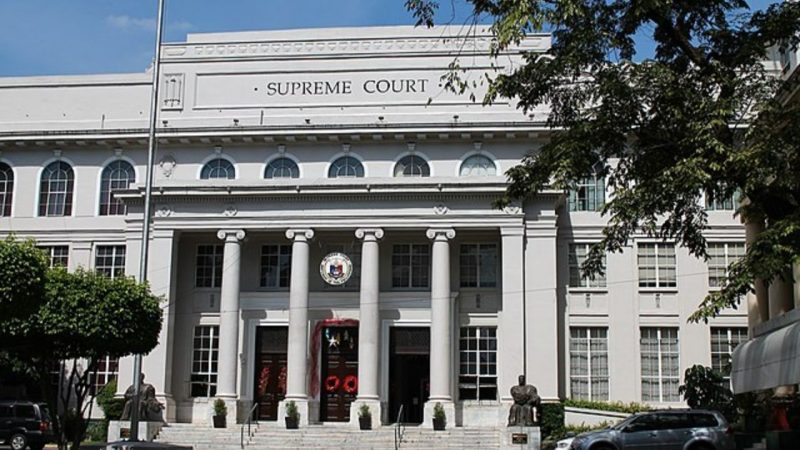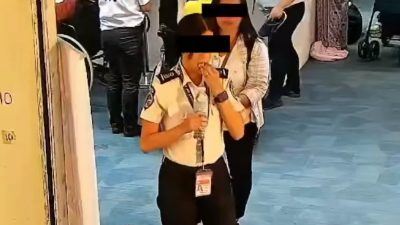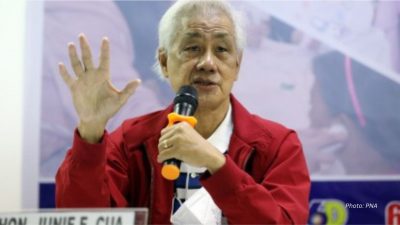In a unanimous decision, the Supreme Court (SC) has affirmed the constitutionality of the regulations implemented by the Inter-Agency Task Force for the Management of Emerging Infectious Diseases (IATF), as well as those issued by local government units (LGUs) and other government agencies, in response to the Covid-19 pandemic.
During its en banc session on Tuesday, July 11, 2023, the high court dismissed the consolidated petitions that questioned the validity of the regulations issued by the IATF, LGUs, and other government agencies, on the grounds of violating the doctrine of hierarchy of courts.
The petitions filed were as follows: GR No. 258619 (Jose C. Montemayor, Jr. v. IATF), submitted on February 17, 2022; GR No. 258746 (Passengers and Riders Organization (Pasahero), Inc. v. Francisco Duque III, February 23, 2022; and GR No. 260327 (Nicanor Jesus P. Perlas III, et al. v. IATF, et al), filed on May 12, 2022.
The specific regulations challenged by the petitioners included IATF Resolutions 148-B, 148-G, 149, 150, 155, 163, and 164; IATF Guidelines on Nationwide Implementation of Alert Level System for COVID-19 Response dated February 27, 2022; MMDA Resolution No. 22-01; DOTr D.O. 2022-001; DILG Memorandum Circulars 2022-002 and 2022-008; LTFRB Memorandum Circular 2022-001; DepEd-DOH Joint Memorandum Circular 001, Series of 2022; DOH Department Circular 2022-0131; and Makati City Ordinance 2022-005.
Among these measures, IATF Resolution 148-B requires all eligible employees engaged in on-site work in public and private establishments to be vaccinated against COVID-19, or alternatively, undergo RT-PCR testing every two weeks at their own expense, among other provisions.
The petitioners collectively argued that the aforementioned regulations infringed upon their right to life and liberty without due process of law limited their right to travel, as well as violated the equal protection clause by only applying to those without access to private vehicles, thereby discriminating against the unvaccinated.
The petitioners contended that the contested measures essentially implemented a mandatory vaccination policy, considering that the use of public transportation is an essential aspect of Filipino life. (AI/MNM)







